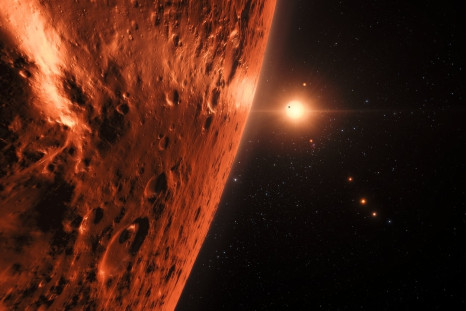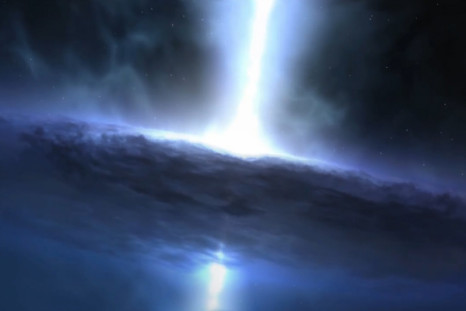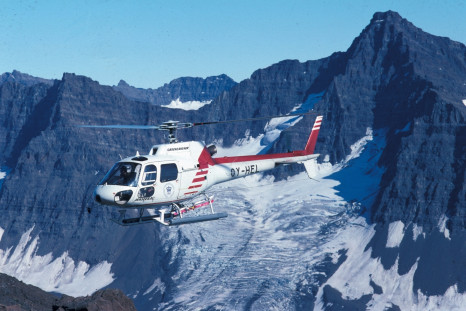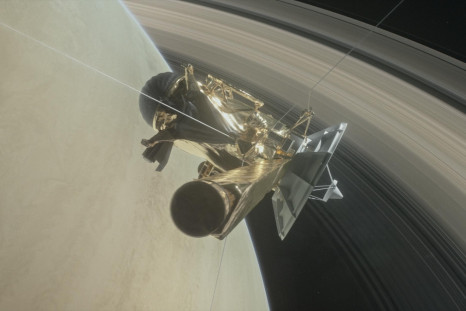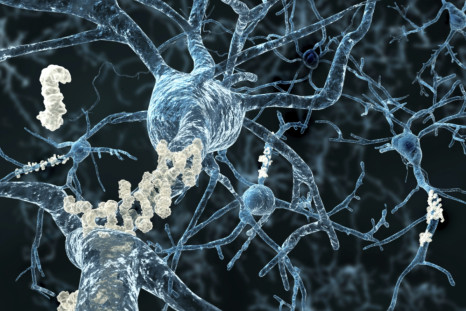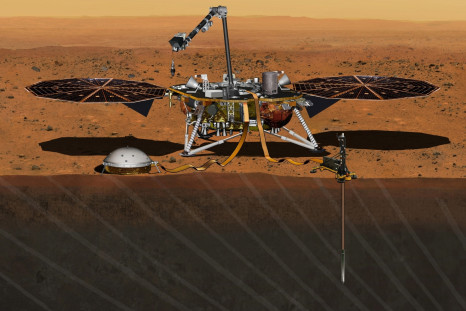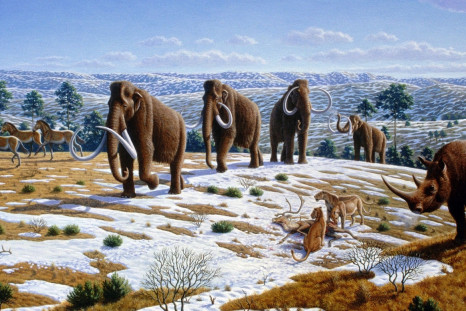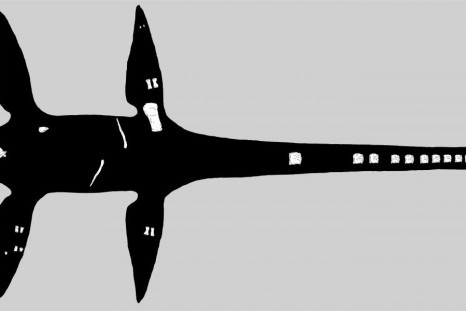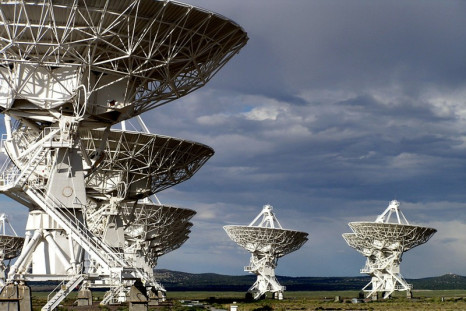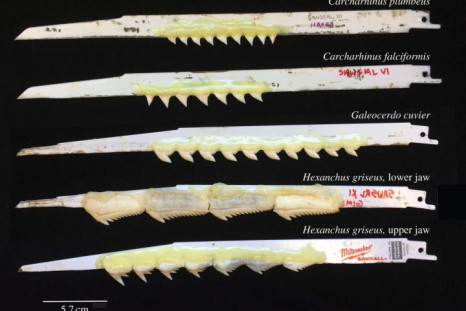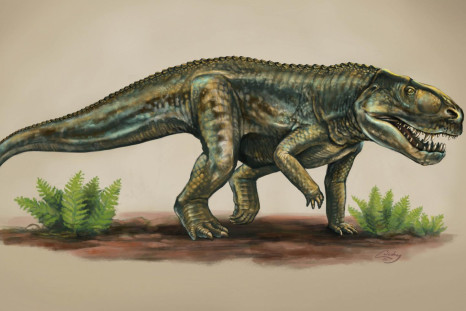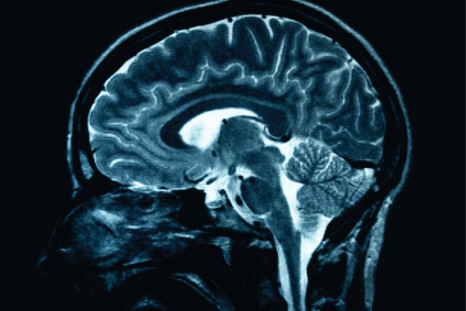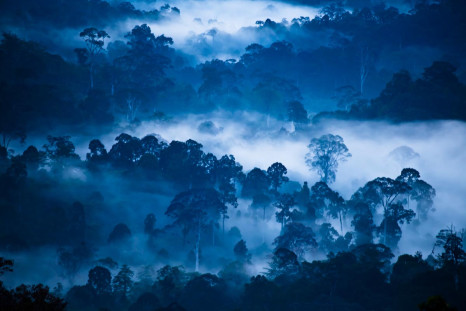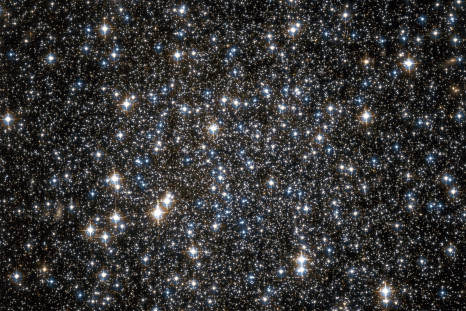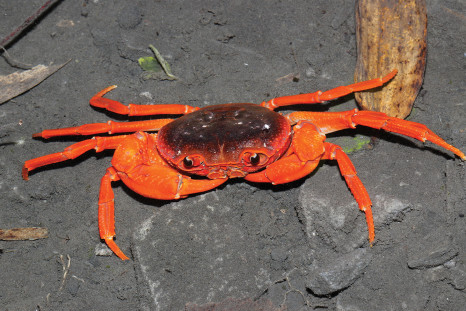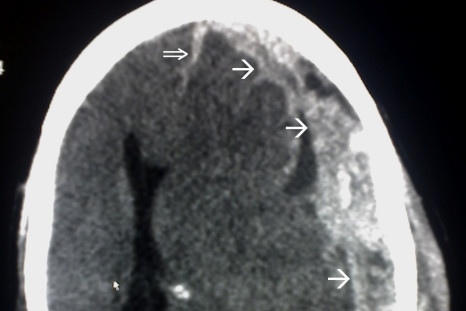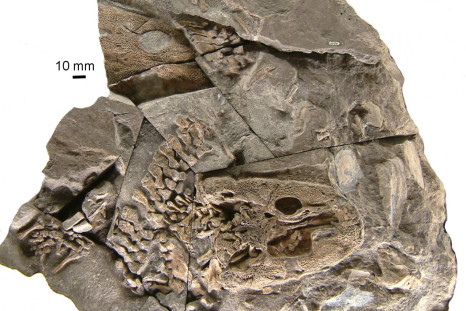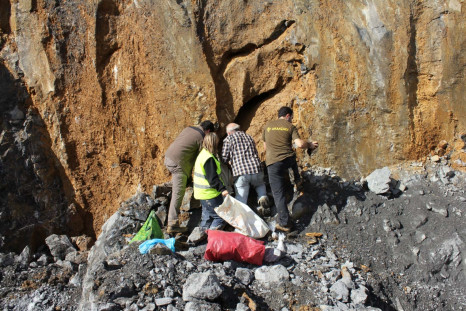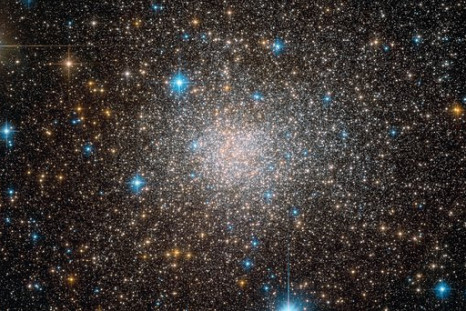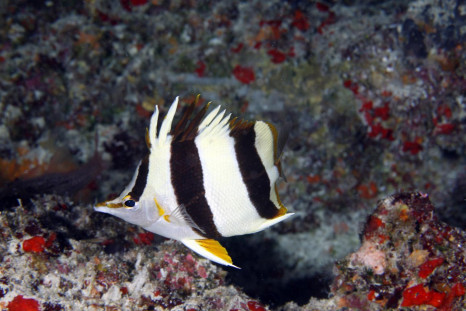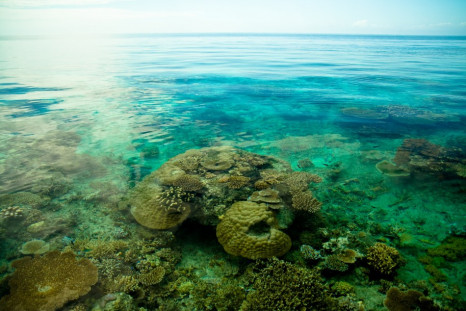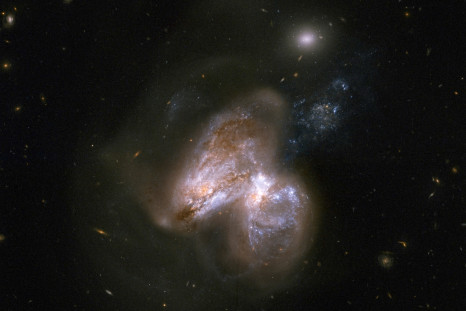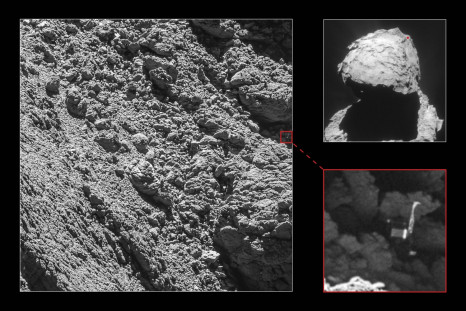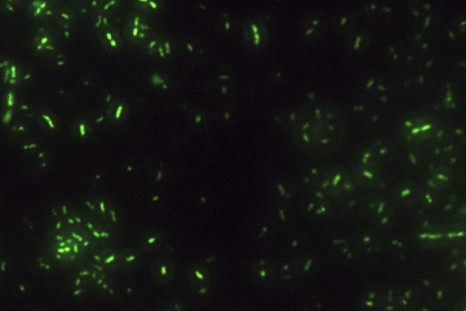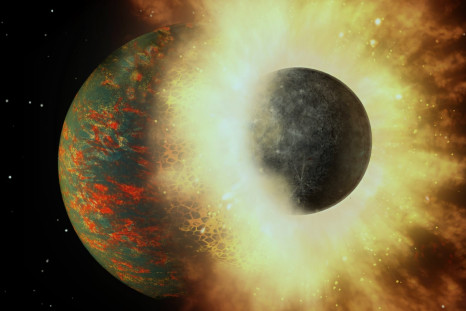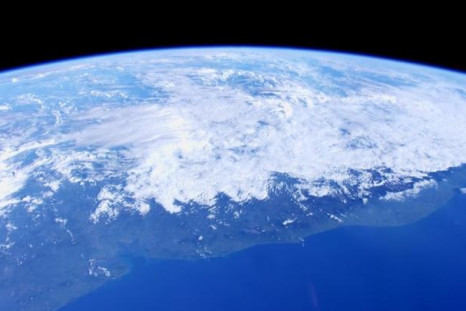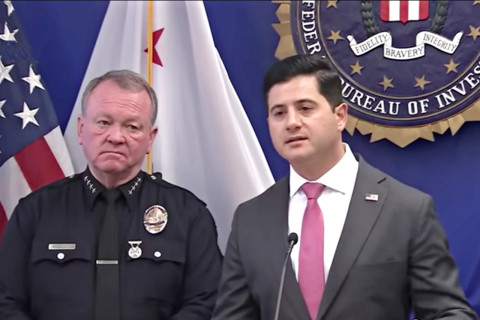More From Aristos Georgiou
Hubble hints that 3 Earth-sized exoplanets may have substantial amounts of water
The planets of the TRAPPIST-1 system are promising candidates in the search for extraterrestrial life.
Aug 31, 2017
Big Bang: Scientists have a new theory that black holes filled the universe with light
The early universe was a dark place where a hot soup of gas trapped all light.
Aug 31, 2017
Gas-guzzling bacteria could help eradicate methane emissions
New research shows how methanotrophs could have a major role to play in tackling global warming.
Aug 31, 2017
Photosynthesis discovery could lead to more efficient solar cells
Solar energy remains our cleanest and most abundant energy source.
Aug 30, 2017
Volcanoes caused dramatic ancient global warming event
The new findings could shed light on modern climate change.
Aug 30, 2017
Nasa's Cassini spacecraft will plunge into Saturn to prevent humanity destroying alien life
After nearly 20 years in space, the probe is coming to the end of its mission.
Aug 30, 2017
Alzheimer's: Landmark study unravels secrets of how brain cells degenerate
The research could have huge implications for treating and preventing the disease.
Aug 29, 2017
Nasa's new Mars mission InSight hopes to uncover the mysteries of the Red Planet's interior
InSight is set for launch in May 2018.
Aug 29, 2017
Ancient bones provide scientists with clues to why woolly rhinos went extinct
Researchers have stumbled across a new piece of evidence which shines a light on the mystery.
Aug 29, 2017
A 132 million-year-old sea monster has been identified as a new species
The marine reptile is the earliest of its kind to be discovered.
Aug 28, 2017
Record-breaking galaxy 5 billion light-years away shines light on how magnetism formed
The galaxy's magnetic field is the most distant ever recorded.
Aug 28, 2017
Statins 'strikingly' lower rate of breast cancer and mortality, study of one million women finds
Rsearch provides some of the strongest evidence yet for effectiveness of statins in reducing breast cancer rates.
Aug 28, 2017
How do shark teeth bite?
In a milestone study, researchers sought to find out exactly how shark teeth help the animal to kill.
Sep 09, 2016
200 million-year-old 'monster snake' reptile identified as new species
Vivaron haydeni lived in what is now the US state of New Mexico during the Triassic Period.
Sep 09, 2016
Flashbulb memory: New experiences boost memory formation, say scientists
Attention-grabbing experiences activate chemicals in parts of the brain crucial in forming new memories.
Sep 09, 2016
Can getting enough exercise moderate alcohol's lethal effects?
Scientists compared how physical activity affected association between alcohol intake and death from all causes.
Sep 08, 2016
A tenth of world's wilderness has been lost since 1990s
The area lost amounts are equivalent to half the size of the Amazon rainforest.
Sep 08, 2016
A globular cluster of stars could be concealing hundreds of undiscovered black holes
The new finding upends traditional theories about how black holes form.
Sep 08, 2016
New species of crab found hiding in plain sight in Chinese pet market
The crab, named Yuebeipotamon calciatile, is also the first of an entirely new genus.
Sep 08, 2016
Opening patient's skull after traumatic brain injury reduces risk of death
Craniectomy involves the surgical removal of parts of the patient's skull.
Sep 07, 2016
Fossil analysis shines light on transition of animals from ocean to land 400 million years ago
Hundreds of millions of years ago four-limbed vertebrates began venturing out of the oceans and onto the land.
Sep 07, 2016
An exceptional palaeontological site going back 100,000 years is unearthed in northern Spain
Over 40 different animal species have been identified at the site, many of them superbly preserved.
Sep 07, 2016
Rare fossil relic from ancient Milky Way could shed light on how our galaxy formed
Terzan 5 is a cluster of stars displaying unusual properties, never seen before by astornomers
Sep 07, 2016
'Glamorous' new fish species discovered off Hawaii in world's largest ocean reserve
Papahānaumokuākea Marine National Monument is a protected area.
Sep 06, 2016
Astounding scale and extent of ocean warming on entire ecosystems revealed in IUCN report
Report shows wide-ranging effects on fish stocks, crop yields, extreme weather and risks of water-borne diseases.
Sep 06, 2016
When black holes collide, gravitational waves form 10 million years later
Gravitational waves, which were predicted by Einstein, were detected directly for the first time this year.
Sep 06, 2016
Lost in space? Missing comet lander Philae found in ditch
Contact was lost with Philae, the first spacecraft to land on a comet, after it ran out of power.
Sep 05, 2016
Frackibacter-ia: Fracking wells found to be home to new genus of bacteria
The new bacteria has been named "Frackibacter"
Sep 05, 2016
Earth's carbon came from massive collision with Mercury-like planet 4.4 billion years ago
The element carbon is essential to the formation of life as we know it.
Sep 05, 2016
An unexplained event occurred in the Earth's stratosphere for first time since records began
A predictable wind pattern changed in a manner not seen in more than 60 years of record-keeping.
Sep 05, 2016
Pages
- PREV
- 9
- 10
- 11
- 12
- 13
- 14
- 15
- NEXT


